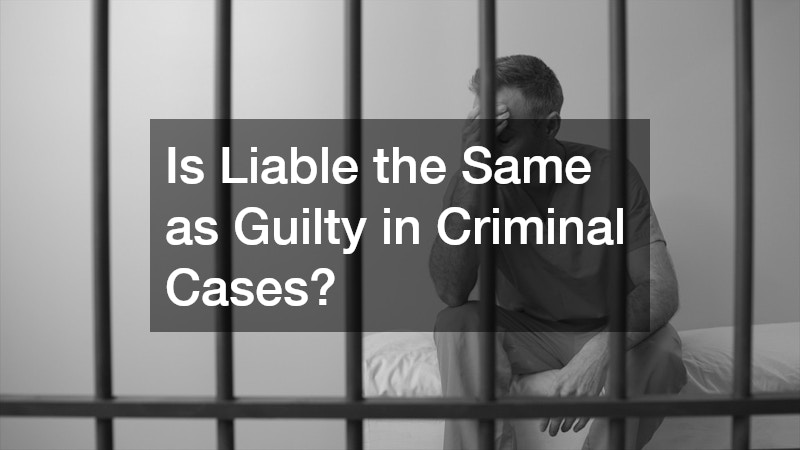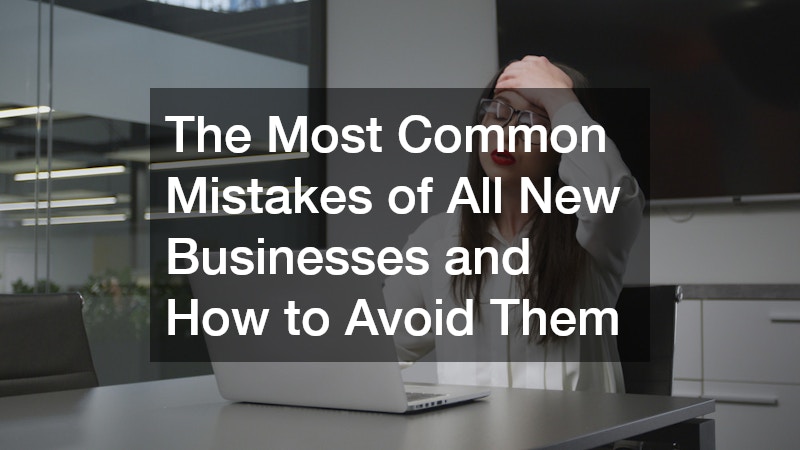Discrimination has been an ongoing issue around the world. It happens when women are expected to put up with inappropriate jokes and name-calling to keep their jobs. LGBTQ people being denied proper healthcare on the basis of gender identity and stereotypes. Asian Americans struggling to get promoted to executive positions despite stellar qualifications. The list goes on.
The spotlight is even stronger on the prejudicial treatment of African Americans due to the death of George Floyd under police violence. This event sparked protests in the United States and other countries calling for justice and reform of the police institution. Everyone, from students and restaurant owners to lawyers and solicitors, joined the movement demanding for change.
Many people are continuing to look for ways on how they can help. Those who were previously not aware of such discrimination are educating themselves and becoming allies. They are using their voice, platform, and influence to make a difference. Sometimes though, despite good intentions, there will be missteps in one’s method of support. Being an ally is more than one tweet, one donation, or one protest. It is a commitment and responsibility to fight systemic oppression.
Here are some do’s and don’ts to keep in mind on becoming a better ally:
The Dos
Be aware of your privilege and biases
Being an ally starts with recognizing the space you’re occupying in the system. What are the advantages you are enjoying because your skin, class, and race belongs to the majority of the population? Through this self-reflection, you will become aware of how to use your privilege to help marginalized groups, as well as change behavior you originally thought was normal.
Know more about the history and issues of the struggle
It might be tempting to act like you empathize or know what they’re going through. But an outsider can never truly know what it feels to be oppressed unless they’ve experienced it throughout their lives. The voice of an ally works in solidarity of the oppressed group, and not above or beyond them. Being an ally will be a learning process and it’s important to be open to criticism.
The Don’ts

Make it about you
Learning how your privilege has helped you succeed in life while dragging others down can prompt feelings of guilt and discomfort. You’ll have the urge to compensate by showing that you are on their side and will be part of the solution. But this fight will never be about you or your feelings. It is time to listen to what the marginalized sector is saying and support them from the sidelines.
Expect to be taught or shown
While it is the focus of some well-meaning organizations, it is not the responsibility of the marginalized groups to educate you. The internet has a lot of resources that can give more information about discrimination and the ways everyone can change the system. There’s no need to add emotional burden by asking oppressed groups to relive how they are being mistreated.
Being an ally is a complex, difficult, and long-term advocacy. It is more than following the latest trend and avoiding being crucified on the internet. Unlike you, oppressed groups don’t have the privilege of turning discrimination off and taking a break. Donate to an organization, sign petitions, and vote the next leaders who fight for their rights.










